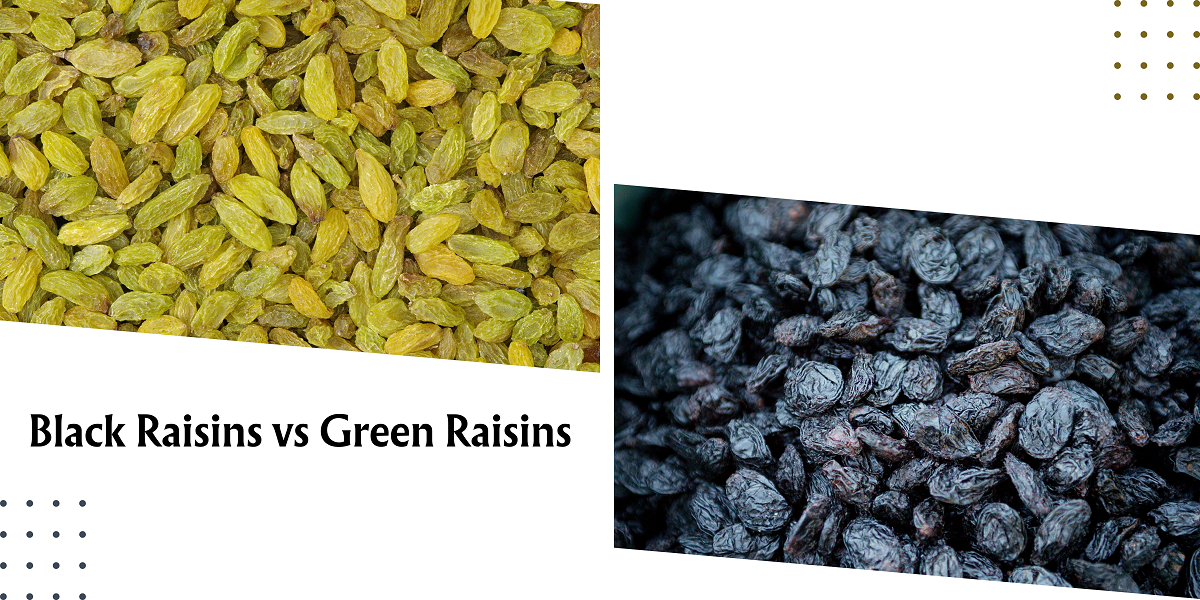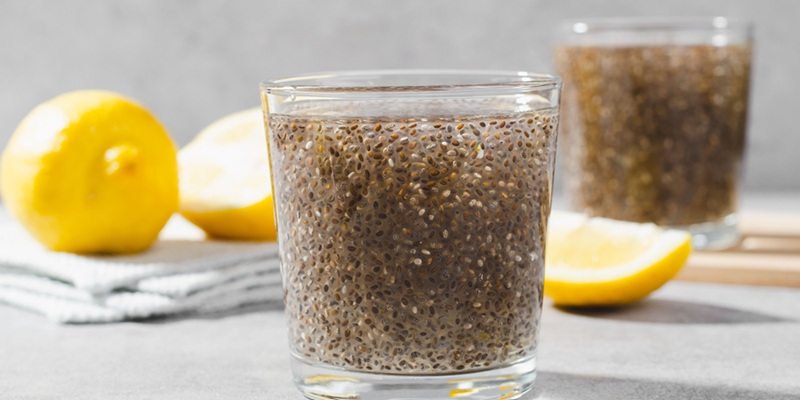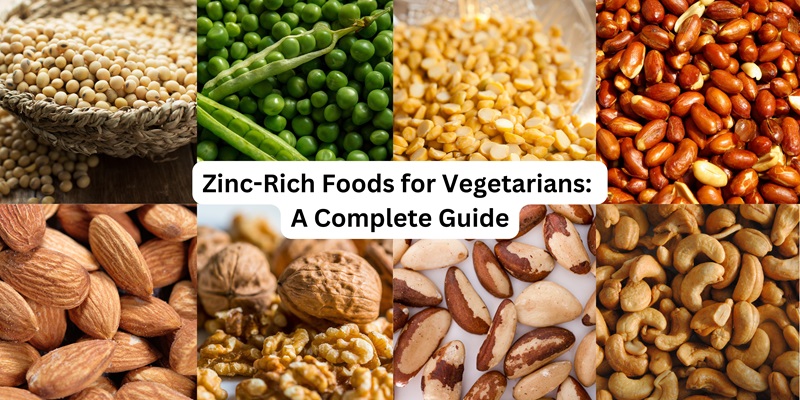Raisins are a delicious and nutritious snack that is enjoyed by many people around the world. They are a natural source of energy, fibre and antioxidants. Raisins are made by drying grapes, which results in a concentrated form of the fruit.
There are two main types of raisins: Black raisins and Green raisins. While both types of raisins are dried grapes, there are some key differences between them that can affect their taste, nutritional content and health benefits.
With the ease and accessibility of online shopping, buying raisins online has become more convenient.
Appearance and Taste
One of the most noticeable differences between black raisins and green raisins is their appearance. Black raisins, also known as dried black grapes, are dark in color and have a wrinkled texture. They are often larger and plumper than green raisins.
Green raisins, on the other hand, are made from green grapes and are a lighter color. They are smaller and have a more delicate texture than black raisins.
When it comes to taste, Black raisins are generally sweeter and have a deeper, richer flavor than green raisins. They are often used in baking and cooking, where their intense flavor can be appreciated.
Green raisins have a milder taste and are often used in salads or eaten as a snack.
Nutritional Content
Both black raisins and green raisins are packed with nutrients and are a healthy addition to any diet. However, there are some differences in their nutritional content that are worth noting.
Black raisins are higher in calories and carbohydrates than green raisins. A 1/4 cup serving of black raisins contains around 130 calories and 34 grams of carbohydrates, while the same amount of green raisins contains around 100 calories and 26 grams of carbohydrates. Black raisins are also higher in sugar than green raisins, with around 28 grams of sugar per serving compared to 20 grams in green raisins.
On the other hand, Green raisins are higher in certain vitamins and minerals than black raisins. They are particularly rich in vitamin C, which plays a key role in immune function and skin health. A 1/4 cup serving of green raisins contains around 10% of the daily recommended intake of vitamin C, while the same amount of black raisins contains less than 1%. Green raisins are also a good source of potassium, which is important for heart health and maintaining healthy blood pressure levels.
Health Benefits
Both black raisins and green raisins offer a range of health benefits, thanks to their nutrient-dense composition. Here are some of the key benefits of each type of raisin:
Black Raisins
- Antioxidant-rich: Black raisins are high in antioxidants, which help to protect your cells from damage caused by free radicals. This can help to reduce the risk of chronic diseases such as cancer, heart disease and Alzheimer’s disease.
- Good for digestion: Black raisins are a good source of dietary fibre, which can help to promote healthy digestion and prevent constipation.
- Energy-boosting: Black raisins are a natural source of energy and can help to combat fatigue and increase stamina.
Green Raisins
- Immune-boosting: Thanks to their high vitamin C content, green raisins can help to support a healthy immune system and reduce the risk of infections and illnesses.
- Heart-healthy: Green raisins are a good source of potassium, which can help to lower blood pressure and reduce the risk of heart disease.
- Anti-inflammatory: Green raisins contain anti-inflammatory compounds that can help to reduce inflammation in the body, which is linked to a range of chronic diseases.
Conclusion
Both black and green raisins offer many health benefits, including aiding digestion and promoting healthy skin. However, black raisins are richer in antioxidants and have a slightly sweeter taste, while green raisins are lower in sugar and have a slightly tangy flavor. Ultimately, the choice between black and green raisins comes down to personal preference and dietary needs. Incorporating either variety into your diet can be a nutritious and delicious way to support your overall health and well-being.






